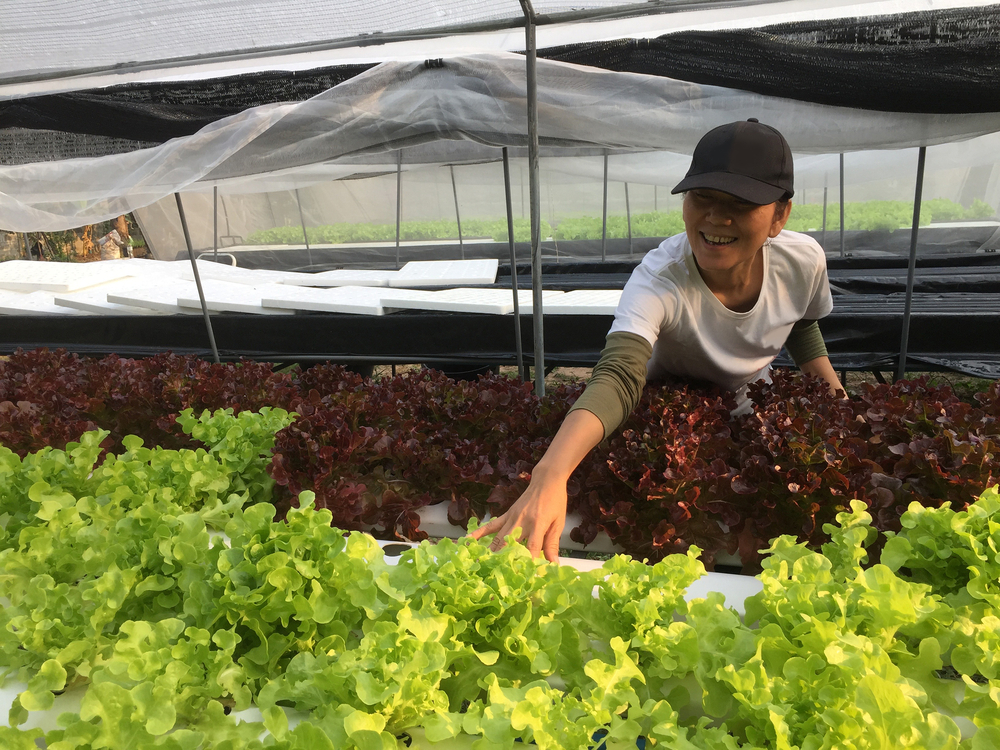The new four-year agreement between the institutions was signed during the XII Regular Annual Meeting of ICOA.

Buenos Aires, 9 November 2021 (IICA). The Inter-American Institute for Cooperation on Agriculture (IICA) will continue working to strengthen organic agriculture, a sector that has gained visibility on the continent during the Covid-19 pandemic due to the growing interest of both farmers and consumers.
The Institute signed an agreement with the Inter-American Commission for Organic Agriculture (ICOA) that ensures continuity of joint actions and provides a legal framework for compliance with the objectives during the 2021-2025 period.
The two institutions will continue to carry out technical cooperation activities aimed at developing and regulating organic agriculture in the different countries.
ICOA was created in 2008 by the Ministers of Agriculture of the Americas through IICA to contribute to developing organic activity in the hemisphere and to facilitate trade.
Its duties include registering and auditing producers, processors, sellers, input manufacturers, inspectors and certifying agencies; recording statistics on the activity; and proposing modifications to organic production standards.
The new four-year agreement between the institutions was signed during the XII Regular Annual Meeting of ICOA. The virtual meeting was supported by the top international organizations from the organic sector and the competent oversight bodies, as well as 17 of its member countries: Argentina, Brazil, Bolivia, Chile, Colombia, Costa Rica, Dominican Republic, Ecuador, Guatemala, Honduras, Mexico, Nicaragua, Panama, Paraguay, Peru, United States and Uruguay.
Authorities from Portugal and Spain also participated as Observer Members.
“In the current context of the pandemic, consumers are demanding not only healthy, nutritious and safe products, but also environmentally sustainable production, both of which are met by organic production”, stated Rommel Betancourt, President of ICOA, during the meeting’s opening session.
“ICOA was able to capitalize on the pandemic’s challenges, allowing us to work with the community as a whole in our countries and offer courses and trainings that reached 100,000 people across the social networks”, he added.
Enrique Manzo Fajardo, Deputy Minister of Agricultural Productivity of the Ministry of Agriculture and Livestock of Ecuador, and Bettina Aguilera Paniagua, Deputy Minister of Agriculture of Paraguay, also participated in the opening session.
Manzo Fajardo commented that organic production complies with the Sustainable Development Goals (SDGs) as it has a positive impact on the countries’ economies and their environment, while Aguilera Paniagua highlighted the need to design a long-term development plan that would positively impact producers and consumers.
In the closing session, Manuel Otero, Director General of IICA, mentioned that, during the pandemic, organic agriculture took on importance in the minds of consumers, which was reflected in a 20% growth in the region in 2020 alone.
“That is why we are proud of the role of ICOA in strengthening the institutional framework surrounding a topic of such relevance for the future of our countries”, said Otero.
He added: “Organic agriculture has demonstrated the benefits and contributions of these production systems as part of the solution to the main challenges posed by achieving the Sustainable Development Goals”.
IICA’s Director General underscored the importance of ICOA’s contributions in the hemisphere in the framework of the “Living Soils of the Americas” program, carried out by IICA in collaboration with the Ohio State University and Professor Rattan Lal, considered to be the world’s leading soil scientist.
In closing, Otero reaffirmed IICA’s commitment to working alongside ICOA for the growth and development of organic agriculture, both in terms of production and promoting local, regional and international trade.
More information:
Institutional Communication Division.
comunicacion.institucional@iica.int











